Technology | Management | Policy
The Changing Landscape
Management is changing. An industrial age approach to a knowledge economy doesn’t work. Management needs to evolve from a focus on the artifact to an understanding of the flow. Transition needs to be “built into” the process, and SAGE recognizes that the lifeblood of management is an effective dialogue and frequent interaction with the user or customer. SAGE is conscious of the user’s and early adopter’s integral roles to the process as mavens for successful product growth and market penetration.
Command and control needs to give way to collaboration. Transparency enables all stakeholders to know what is important and there are many available tools to enable virtual teams to work seamlessly together and form an ecosystem that supports the management of the new technology.
In a very un-Adam Smith manner, specialization of labor must yield to cross functional groups and teams that are empowered to make decisions. Multi-disciplinary becomes the mantra for the management of complex systems.
Complex static plans that have served as roadmaps for development need to yield to a paradigm of frequent, if not continuous, planning and re-planning. SAGE acknowledges stability as an illusion today, and that experience is gained from execution. “Docendo discimus.” Feedback and metrics become important for assessing progress, and plans are adjusted as needed to complete the project.
There is no “one-size-fits-all” approach to managing innovation. Thinking of innovations as a continuum from incremental but continuous process improvement to strategic innovations, different managerial approaches – expense, time frames, and certainty of results – apply.
Organizational or institutional memory can be both a benefit and a curse for an organization. If the firm is successful, then organizational memory of the existing state of operations works. If the firm has become unsuccessful, then institutional memory can prove detrimental. External experts like SAGE are needed to take an objective approach that does not rely on previously established patterns of interaction. The organization’s DNA needs a mutation.

